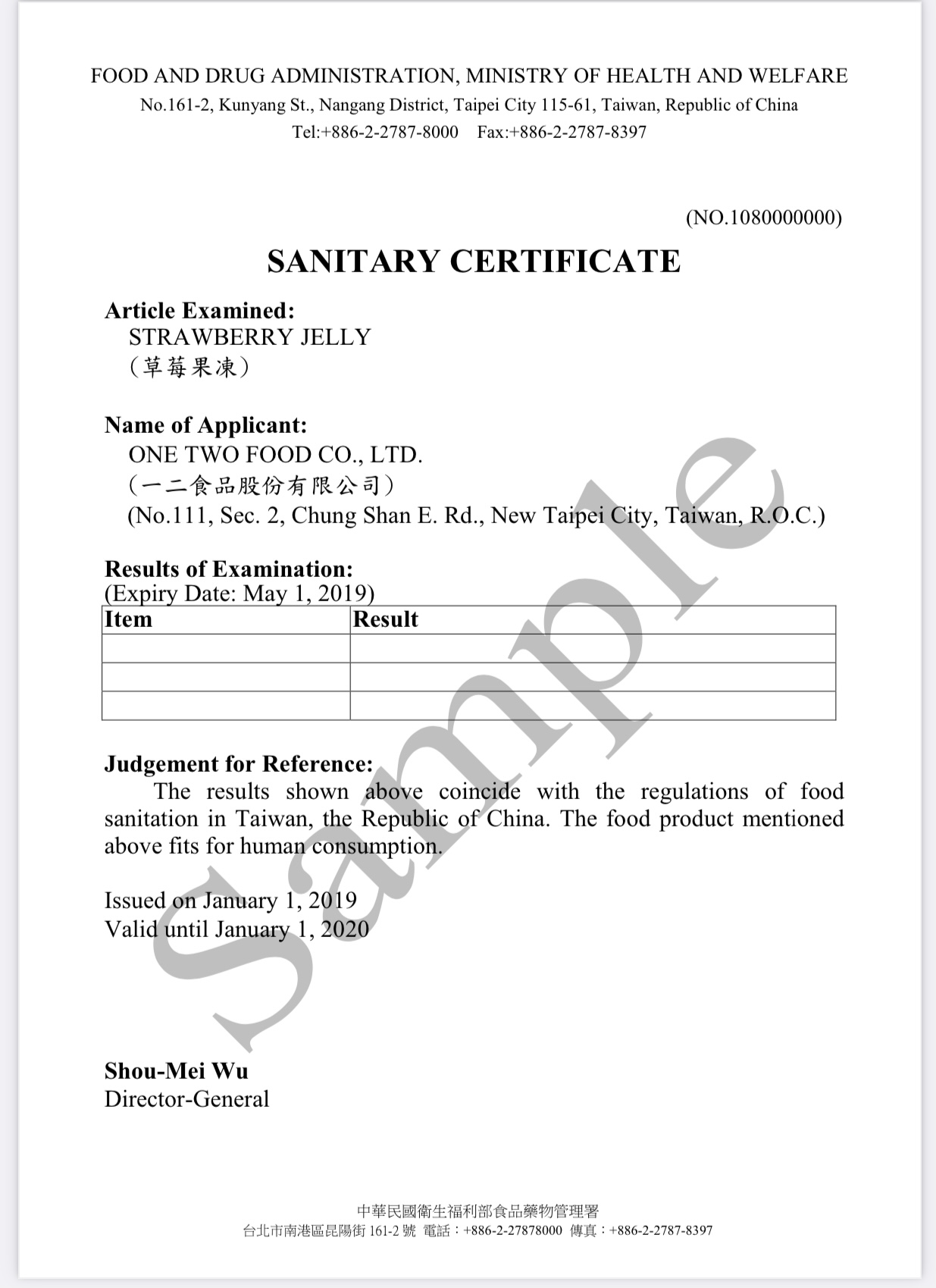According to the food import control of the Hong Kong Center for Food Safety, imported food is roughly divided into two categories:
A. High-risk categories of food The Center for Food Safety believes that certain foods (such as frozen meat, frozen poultry, chilled meat and chilled poultry, prohibited meat (such as meat with breast or abdominal walls), game, eggs, milk And frozen confections, livestock, live poultry and aquatic products) are perishable and have a higher risk of pathogens, so there is a higher food safety risk. High-risk categories of food must be accompanied by specific import documents (that is, a sanitary certificate or certificate of origin issued by the competent authority of the export economy (recognized by the FEHD) and/or an import issued by the FEHD when imported into Hong Kong License and/or import permission). The import permit allows the import of one batch of food with a validity period of 6 weeks, while the import permit allows the import of multiple batches of food with a validity period of 6 months; and
B. Other imported foods These foods refer to foods other than those mentioned in (A) above (such as beverages, cereals, fruits and vegetables). The law does not require such food to be accompanied by a health certificate, import permit or import permit.
Any food imported from overseas to Hong Kong must meet the following conditions:
1. Hong Kong food import or distribution business must be registered as a food importer or food distributor with the Director of Food and Environmental Hygiene.
2. Official health certificate issued by the competent authority of the exporting country (recognized by the Hong Kong Food and Environmental Hygiene Department).
In addition, the import of the following designated food categories must comply with special regulations or arrangements (for example, applying for an import license from the Food and Health Department):
***Game, meat and poultry
***Milk and milk products
***Frozen dessert
***Food containing coloring matter
***Metallic food
*** Food mixed with artificial sugar
***Food containing aflatoxin, erucic acid and other prohibited substances
***Foods containing preservatives or antioxidants
If you need further information, please contact us.
PIC of SeaMax: Mr.Vincent Pon


